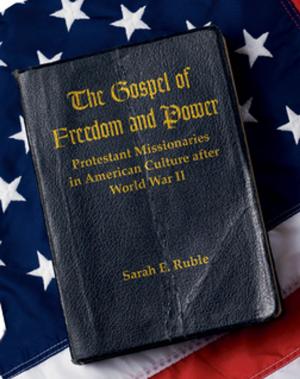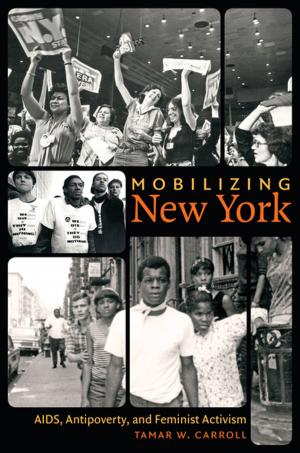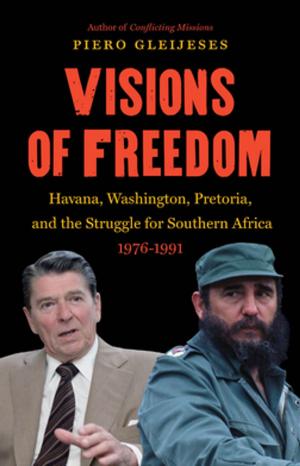Women's Antiwar Diplomacy during the Vietnam War Era
Nonfiction, Social & Cultural Studies, Political Science, International, International Relations, Social Science, Gender Studies, Women&, History, Americas, United States, 20th Century| Author: | Jessica M. Frazier | ISBN: | 9781469631806 |
| Publisher: | The University of North Carolina Press | Publication: | February 2, 2017 |
| Imprint: | The University of North Carolina Press | Language: | English |
| Author: | Jessica M. Frazier |
| ISBN: | 9781469631806 |
| Publisher: | The University of North Carolina Press |
| Publication: | February 2, 2017 |
| Imprint: | The University of North Carolina Press |
| Language: | English |
In 1965, fed up with President Lyndon Johnson's refusal to make serious diplomatic efforts to end the Vietnam War, a group of female American peace activists decided to take matters into their own hands by meeting with Vietnamese women to discuss how to end U.S. intervention. While other attempts at women's international cooperation and transnational feminism have led to cultural imperialism or imposition of American ways on others, Jessica M.Frazier reveals an instance when American women crossed geopolitical boundaries to criticize American Cold War culture, not promote it. The American women Frazier studies not only solicited Vietnamese women's opinions and advice on how to end the war but also viewed them as paragons of a new womanhood by which American women could rework their ideas of gender, revolution, and social justice during an era of reinvigorated feminist agitation.
Unlike the many histories of the Vietnam War that end with an explanation of why the memory of the war still divides U.S. society, by focusing on linkages across national boundaries, Frazier illuminates a significant moment in history when women formed effective transnational relationships on genuinely cooperative terms.
In 1965, fed up with President Lyndon Johnson's refusal to make serious diplomatic efforts to end the Vietnam War, a group of female American peace activists decided to take matters into their own hands by meeting with Vietnamese women to discuss how to end U.S. intervention. While other attempts at women's international cooperation and transnational feminism have led to cultural imperialism or imposition of American ways on others, Jessica M.Frazier reveals an instance when American women crossed geopolitical boundaries to criticize American Cold War culture, not promote it. The American women Frazier studies not only solicited Vietnamese women's opinions and advice on how to end the war but also viewed them as paragons of a new womanhood by which American women could rework their ideas of gender, revolution, and social justice during an era of reinvigorated feminist agitation.
Unlike the many histories of the Vietnam War that end with an explanation of why the memory of the war still divides U.S. society, by focusing on linkages across national boundaries, Frazier illuminates a significant moment in history when women formed effective transnational relationships on genuinely cooperative terms.















